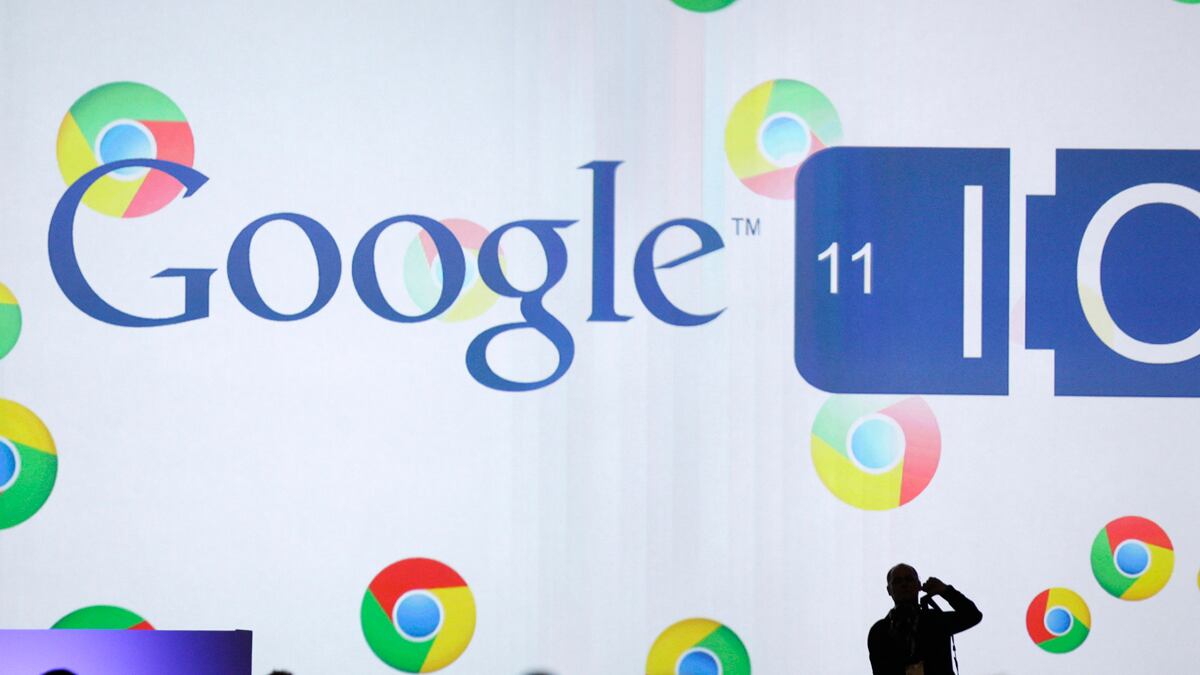Let me indulge in a bit of hyperbole for a moment and just say this: if the government brings an antitrust lawsuit against Google, then Google as we know it is dead.
As The New York Times reported yesterday, the Federal Trade Commission has been investigating Google since last summer over antitrust concerns. And now the commission has hired a gunslinger outside attorney, Beth Wilkinson, which indicates they are planning to bring legal action against Google.
Leave aside for the moment whether Google deserves to be sued, or whether the government ends up winning any kind of concessions from the Internet search giant.
The point is, the suit itself will be devastating to Google’s business. Just the distraction that this kind of case creates can hobble even the most successful, well-run company. The endless depositions, the court hearings, the subpoenas, the PR nightmare every time yet another embarrassing old email gets dug up out of the archives—it’s a nightmare.
Think Google is too powerful? You only need to look back to Microsoft circa 1998 to see what happens. That year, the Department of Justice filed an antitrust lawsuit against the software giant, and brought in renowned attorney David Boies to make its case that Microsoft had abused its monopoly power in the personal-computer market.
The case dragged on for years and ended with relatively toothless settlement terms, but by then the damage was done. Microsoft had become timid, slow, afraid to compete. The stain of the allegations had tarnished its reputation. The distraction of fighting the court battle caused Microsoft to lose focus, and guess what? By 2004, when the dust finally settled, the world had moved on, and Microsoft had missed all the big trends: Internet search went to Google; online music and media went to Apple, which parlayed those strongholds into its current dominant position in mobile phones and now tablets; and social networking was just being invented by Facebook.

Microsoft, meanwhile, has never recovered.
So on what basis will the FTC go after Google? In a nutshell, the government will argue that Google controls two thirds of U.S. Internet searches, and that it has rigged its search results in ways that hurt its competitors.
Antitrust cases are notoriously tricky to prove, and could be especially so in this case. Simply establishing that a company holds a monopoly in a particular market can be difficult, especially in the dynamic, fast-changing world of the Internet, where even defining the market is a challenge, let alone establishing that a company holds a monopoly in one.
But even if the government can do that, it’s not enough. Just having a monopoly isn’t a problem. The government must also prove that Google abused its monopoly power.
Google will argue that it has no monopoly, that its market share is ephemeral because at any time users can switch to rival search engines, such as its Microsoft’s Bing, Google’s closest rival, with 15 percent market share.
The courts can work that out. But none of it matters anyway. The scary thing, if you’re Google, is simply having to deal with the hassle and distraction of a major government lawsuit.
In fact, this investigation and the possible litigation could not come at a worse time. Google right now is facing huge challenges to its very existence, and can ill afford any kind of distraction.
Google’s overarching problem is that its core business—Internet search—was created to meet the needs of the Internet as it existed in 1996. In those days the Web was open, and Google’s algorithms could crawl over everything.
Today, the Internet is being carved up into walled gardens. Facebook has 900 million members, and Google can’t crawl their stuff. Apple is pushing a world where apps take the place of Web sites—apps that also remain closed off to Google.
The other big trend is that the world is leaving PCs behind for mobile devices. We’ve entered what Steve Jobs called “the post-PC era.” This too is a threat to Google, whose business was created in a world where people surfed an open Web via desktop and laptop PCs.
Google has tried to remain relevant in mobile by creating the Android operating system and giving it away at no cost to handset makers. Android has garnered lots of market share but lately seems to be losing momentum.
In an attempt to keep up with Facebook, Google last year launched its own social network, Google+. Google claims huge user numbers for its fledgling network—more than 170 million users. But those numbers are cooked: Google is counting anyone who brushes up against Google+ when using Google search, Gmail, or YouTube.
The reality is that Google+ has been a disappointment. It may not be a “ghost town,” as some have said, but it’s certainly not taking the world by storm. One Google engineer actually slammed Google+ as “a pathetic afterthought” in a post that accidentally became public.
Google CEO Larry Page has spent the past year trying to get everyone at Google focused on a few key efforts that are essential to creating a second act for the company. But while he has been trying to get Googlers to move faster, the U.S. government has come in with the threat of a lawsuit that will bog Google down. Investigators in Europe are not far behind. Taken together, this legal wrangling could be a deathblow to the company that once ruled the Internet.





